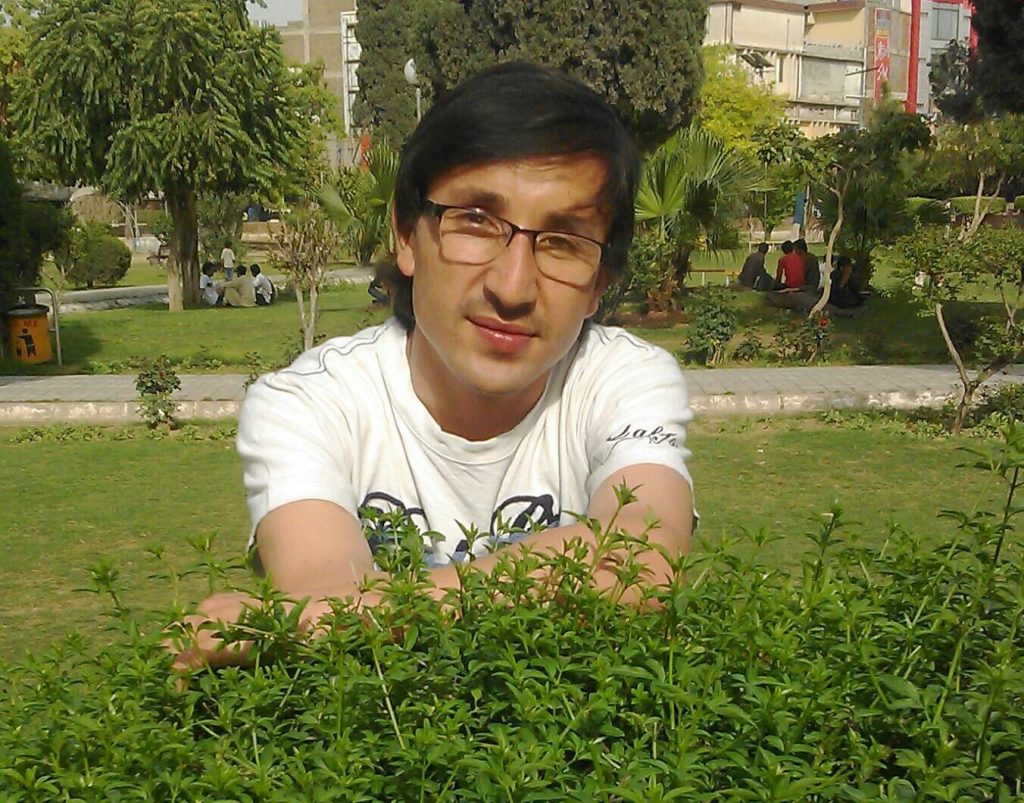A varied population, including people with disabilities, call Gilgit-Baltistan home. The area is well-known for its natural beauty and cultural legacy. Despite improvements in a number of areas, the administration in Gilgit-Baltistan has not paid enough attention to the rights and inclusion of individuals with disabilities. In order to enhance the environment for persons with disabilities in Gilgit-Baltistan, civil society and the government must play a critical role. This essay intends to shed light on the significance of raising knowledge about disabilities, the roles of handicapped people in society, and how important these roles are,
Raising Awareness and Promoting Inclusivity:
Educating people about disabilities is one of the first stages in making Gilgit-Baltistan a more inclusive society for those with disabilities. Campaigns for education, workshops, and initiatives for community involvement can all help with this. Society may eliminate barriers and preconceptions about disabilities by fostering empathy and compassion. Additionally, educational institutions like schools should place a high priority on inclusive education to guarantee that all students, regardless of their academic aptitude, have equitable access to high-quality instruction.
Empowering Disabled People:
People with disabilities have a variety of skills, talents, and abilities that can make a substantial contribution to society. By offering them job possibilities and career training programmes that are specifically catered to their needs, it is essential to recognize and maximise their potential. In addition to promoting diversity, encouraging inclusive hiring practices will also result in a more inclusive workforce in both the public and private sectors. Furthermore, encouraging disabled people to start their own businesses can help them achieve independence and make a positive impact on the community.
Government’s responsibility:
The duties of the government
Protecting the rights and welfare of those with disabilities is a major responsibility of the Gilgit-Baltistan administration. Government should implement on GB disability act 2019. This law should provide disabled people equal opportunities, accessibility, and appropriate accommodations. The government should also put in place procedures to ensure accountability and monitor how these laws are being applied.
The role of civil society:
Civil society organizations are essential in promoting the rights and welfare of people with disabilities. These groups can promote change in policy, offer assistance, and increase awareness. The voice of people with disabilities can be strengthened and their participation in decision-making processes ensured through cooperative efforts between disabled persons’ organizations (DPOs), NGOs, and community-based organizations. Furthermore, civil society must work to develop venues where people with disabilities can speak openly about their experiences and actively influence the development of laws that will directly impact them.
Making Gilgit-Baltistan a Better Place for Those with Disabilities:
The actions listed below should be performed in Gilgit-Baltistan to foster an inclusive environment for those with disabilities:
Infrastructure:
To facilitate simple mobility for people with disabilities, the government should give priority to the development of accessible infrastructure, including public buildings, transit, and recreational spaces.
Healthcare and Rehabilitation:
Ensuring the physical and mental well-being of disabled people will require improving healthcare services and rehabilitation facilities that are especially suited to their needs.
Employment and Social Welfare:
To promote the hiring of disabled people in both the public and private sectors, the government should enforce affirmative action rules. The establishment of social welfare programmes is also necessary to offer financial aid and other forms of support to those who are disabled and their families.
Education:
Facilities and resources that are required to assist students with disabilities should be provided in schools and other educational establishments. To guarantee that everyone has equal access to education, inclusive education should be encouraged.
In conclusion, inclusive cultures are based on the values of understanding, empathy, and equal opportunity. In Gilgit-Baltistan, it is crucial for the government, civil society, and the larger community to collaborate in order to foster a culture that values and accepts individuals with disabilities. By educating people and giving them authority,



